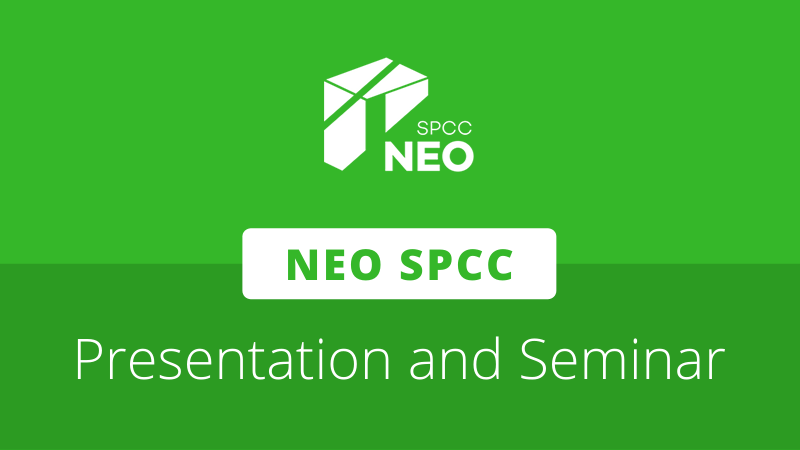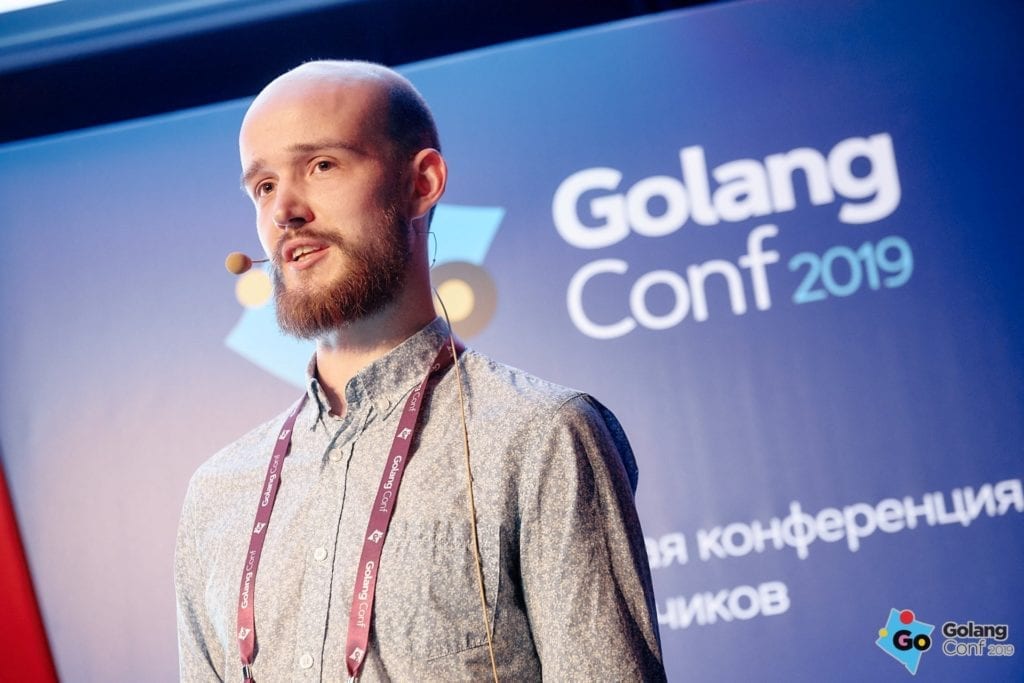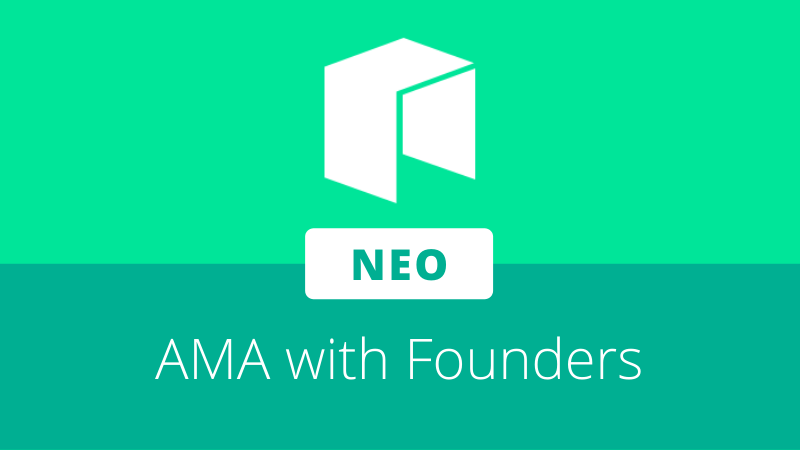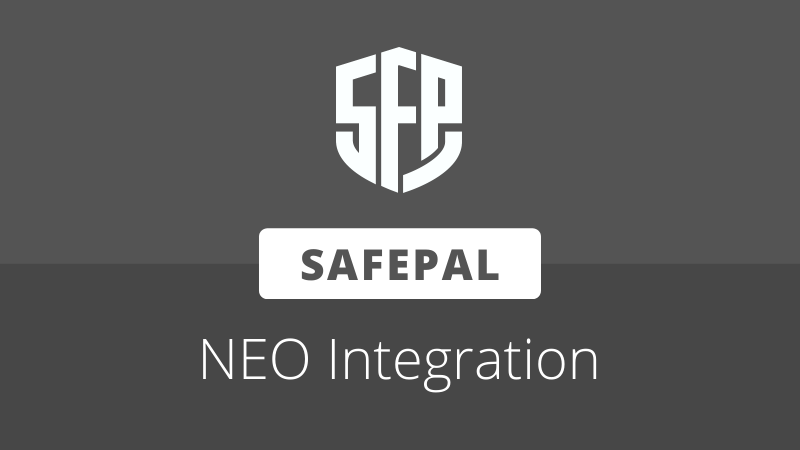
Neo St. Petersburg Competence Center (NeoSPCC) software engineer, Evgeny Stratonikov, recently gave a presentation at Golang Conf 2019 on optimizations made to homomorphic hashing functions as part of the research work done for NeoFS. Additionally, the team gave a seminar at St. Petersburg State University on decentralized cloud technology and data storage, with a particular focus on NeoFS and neo-go.
GolangConf 2019
Stratonikov attended GolangConf 2019 on October 7th, the largest Golang conference in Russia, where he presented his research on homomorphic hashing functions. These functions are crucial for data validation in NeoFS, a decentralized distributed object storage network.
Ordinarily, homomorphic hashing is a very computationally expensive procedure. In the presentation, Stratonikov outlined the use of Go Assembler to speed up time-critical code. Using the technique, a hash rate of 33.3 Mb/s was achieved, allowing data to be processed above the typical read speed of a cheap hard drive.
In the naive implementation, far lower speeds were measured. For the presentation, Stratonikov broke down how AVX2 instructions were implemented, with the goal of helping others tackling the same problems to achieve the same success.
St. Petersburg State University Seminar
NeoSPCC gave an open seminar at the St. Petersburg State University on September 30th, where it introduced decentralized cloud technology, NeoFS, and various research topics. The seminar was held for graduates and professors in the faculty of Applied Mathematics and Control Processes.
For the first part of the seminar, numerous topics under research as part of NeoFS development were discussed with the audience, including zero-knowledge proofs, digital identity, reputation ratings in P2P networks, and the NeoFS economic model.
During the second part, the neo-go project was introduced, with students encouraged to contribute to its open-source development. Some of the current open issues were explored, ranging from a WASM to NeoVM translator, a Solidity to NeoVM compiler, and GPU-based calculations for the VM.
Following the seminar, the NeoSPCC team discussed the possibility of establishing a full-time decentralized cloud systems lab with professors at the university, marking the potential for future collaboration between NeoSPCC and St. Petersburg State University. Another neo-go seminar will be held for graduate computer science students at the end of October.








About The Author: Brett Rhodes
Brett is a blockchain enthusiast and freelance writer who originally began producing content for the gaming & eSports industries. Now he spends most of his time contributing in the Neo ecosystem.
More posts by Brett Rhodes